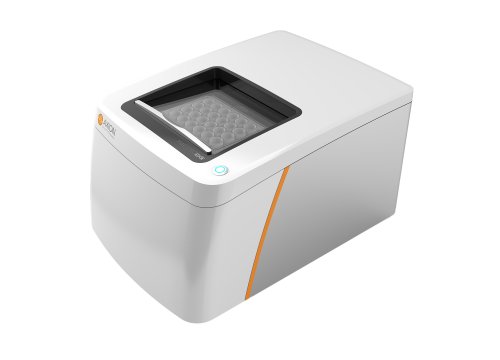Authors: Erata E, Gao Y, Purkey AM, Soderblom EJ, McNamara JO, and Soderling SH.
J Neurosci, 2021.
Axion’s bioelectronic assay helps to demonstrate the role of the CNKSR2 gene in severe epilepsies of childhood
The loss of the CNKSR2 gene is implicated in the development of epilepsy-aphasia syndrome (EAS) disorders—a group of severe childhood epilepsies associated with seizure activity, cognitive impairment, language difficulties, and resistance to antiseizure medications—but researchers do not fully understand how the genetic mutation contributes to neurocognitive symptoms. In this study, scientists use a multiplatform approach including Cnksr2 knockout mouse models to investigate the behavioral, electrophysiological, and molecular changes associated with EAS.
To examine spontaneous neural network behavior in the CNKSR2 knockout mouse models in vitro, researchers used Axion’s Maestro multielectrode array (MEA) platform. Results from the bioelectronic assays demonstrated that Cknsr2 loss led to increased spontaneous firing and bursting rates of cortical neurons compared to controls, a finding which shows that the variant significantly alters neuronal physiology during development in vitro. Along with other results, the study findings suggest that Cnksr2 loss in humans is a strong driver of EAS and reveals underlying mechanisms in neuronal excitation.


